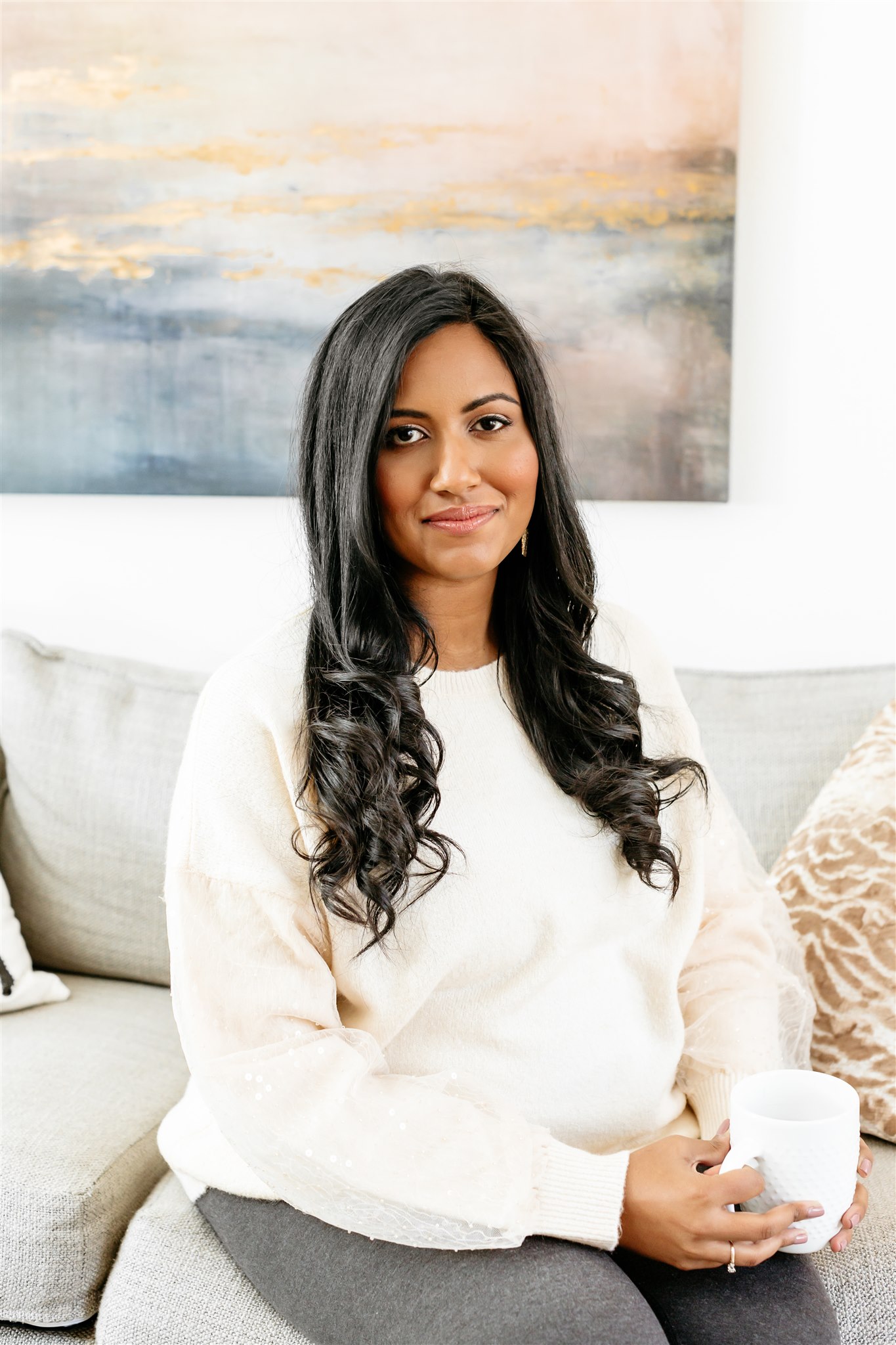
Coming to Terms With my Anxiety
September 9, 2020

My anxiety had many labels. When I was a child, we called it “determination”. I wanted everything to be perfect. I agonized over anything that was out of place. When I believed I had done something wrong, my mind would immediately spin.
When I was in high school, I was “busy”. My friends would joke about the way I moved a million miles an hour. I was restless and constantly seeking activity and stimulation.
In my first long term relationship, we called it “worrying”, and during graduate school, it was “perfectionism” and “stress”.
Through my own clinical work and in the personal counseling I finally sought, I realized that all these labels I had adopted over the years disguised the true, core issue. I had been in a lifelong battle with my anxiety. It led to sleepless nights, panic, and a deeply critical inner voice. Anxiety can look vastly different across individuals, but some of the symptoms that stood out to me were my irritability, restlessness, ruminating thoughts, and difficulty sleeping.
You Aren’t Alone
Working with clients on anxiety-related issues has become a significant aspect of my clinical work because when a client speaks about their struggles, I feel like we are speaking the same language. The inner turmoil caused by anxiety can be incredibly debilitating and lonely. Even though so many of us cope with anxiety daily, we manage to feel isolated in our symptoms.
So often we think we have to “just deal with it”, and I used to constantly say the same hurtful message to myself. When my anxiety rose, I felt that it was my punishment for not being able to handle life’s inevitable curveballs. I felt that it was a weakness.
Working Together
I now understand that it is so much more complicated than that. Getting help for anxiety means prioritizing yourself and taking a stand in your own care. Start with a device-free nighttime ritual that helps you unwind from your day or a morning routine that helps you feel rejuvenated and hopeful for the day ahead.
If you’re ready to make lasting changes in your life, I can help.
accept
We use cookies to improve your browsing experience and ensure the website functions properly. By selecting 'Accept All,' you agree to our use of cookies.
© Tmg XXXX
Contact our office:
Already working with a Montfort Group clinician?
You can book or manage your next session here.
Stay Connected
Schedule Now
